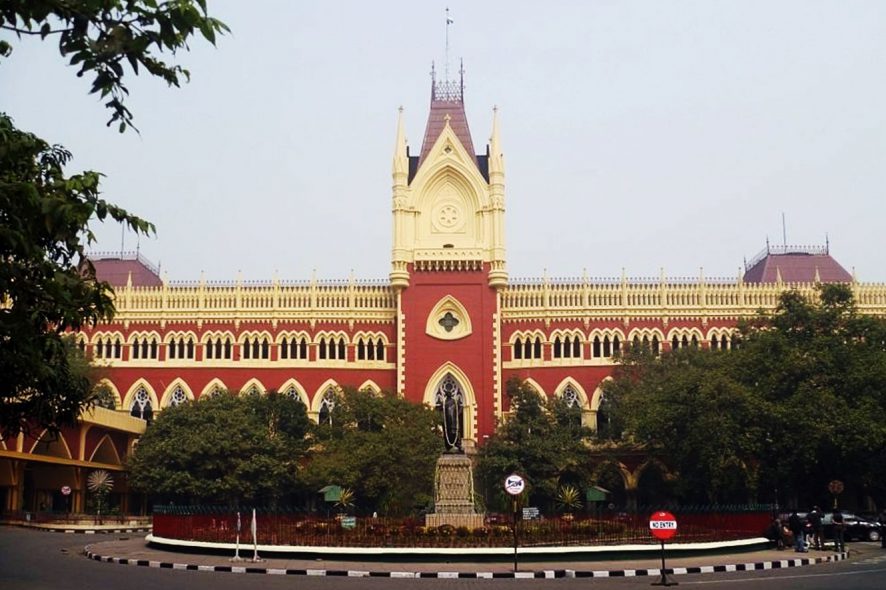Calcutta High Court: A Division Bench of Joymalya Bagchi and Suvra Ghosh, JJ., while denouncing the conduct of lawyers who had called a strike, directed and that prompt steps shall be taken against the offenders obstructing Judges, police personnel or public servants from discharging their dues.
The Court was considering an application for bail under Section 439 CrPC. The Court was informed that due to lawyer’s strike, police personnel were unable to enter the Court premises and produce the original case diary.
The High Court, in its order, cited observations of the Supreme Court in:
(i) Harish Uppal v. Union of India, (2003) 2 SCC 45, wherein the Constitution Bench has held that lawyers have no right to go on a strike or call for bandh or even a token strike. Only in rarest of rare cases where the dignity, integrity and independence of the Bar and/or the bench are at stake and a protest abstention from work not more than a day may be entertained and to do so, the President of the Bar must consult and seeks permission from the Chief Justice or the District Judge in the matter.
(ii) Hussain v. Union of India, (2017) 5 SCC 702, wherein the Court recognised that frequent strikes, abstention from work by lawyers or frequent suspension of court work after condolence references are one of the prime reasons for the delay in disposal of criminal cases.
(iii) Krishankant Tamrakar v. State of M.P., (2018) 17 SCC 27, wherein it was reiterated that every resolution to strike and abstain from work is per se contempt and necessary mechanism to enforce the mandate of the Court needs to be put in place till proper legislation to remedy the situation is enacted.
In the instant case, noted the High Court, the striking lawyers not only brought the administration of justice to a standstill but also, in a flagrant manner, obstructed the police personnel from discharging their official duty.
The Court directed the Superintendent of Police, Paschim Medinipur, to enquire into the matter and take necessary steps so that police personnel, litigants, lawyers and all stakeholders in the administration of justice are permitted to enter the Court premises and discharge their duties. It was further ordered that any obstruction to Judges, police personnel or other public servants in that regard would amount to cognizable offence and prompt steps shall be taken against the offences.
The matter is now listed to be heard on 08-01-2020, on which date, the Superintendent of Police shall submit his report before the Court. [Aijul Gharami v. State of W.B., 2019 SCC OnLine Cal 5529, decided on 23-12-2019]







